Reverse mortgage eligibility
redcurls
13 years ago
Related Stories
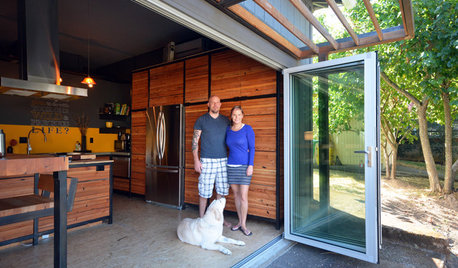
MY HOUZZHouzz TV: A Couple’s Garage Becomes Their Chic New Home
Portland, Oregon, homeowners find freedom in a city-approved garage home with DIY industrial flair
Full Story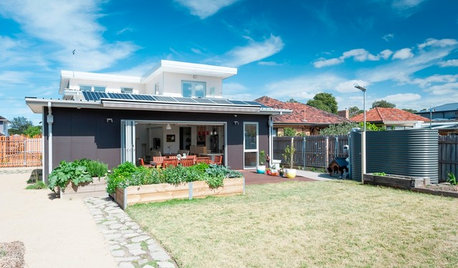
GREEN BUILDINGHouzz Tour: An Energy-Efficient Home for 3 Generations
This Australian house takes sustainability and accessibility to a new level
Full Story
MODERN HOMESHouzz Tour: Double the Space for a Newly Modern Seattle Home
Breathing-room woes go out the window with an extensive remodel that adds a bedroom, a roof deck and an in-law apartment
Full Story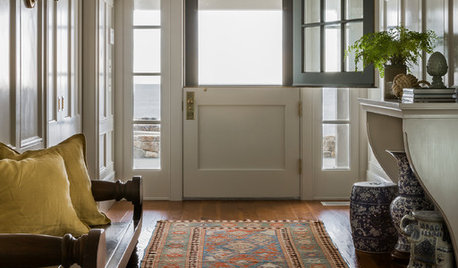
REMODELING GUIDESHouzz Survey Results: Remodeling Likely to Trump Selling in 2014
Most homeowners say they’re staying put for now, and investing in features to help them live better and love their homes more
Full Story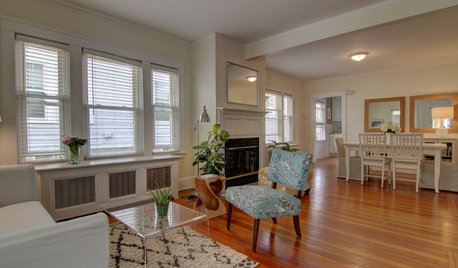
SELLING YOUR HOUSEA Moving Diary: Lessons From Selling My Home
After 79 days of home cleaning, staging and — at last — selling, a mom comes away with a top must-do for her next abode
Full Story
DECORATING GUIDESBudget Decorator: Let’s Go Thrifting
Dip into the treasure trove of secondhand pieces for decor that shows your resourcefulness as much as your personality
Full Story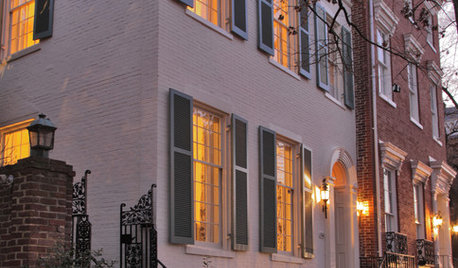
REMODELING GUIDESShould You Remodel or Just Move?
If you're waffling whether 'tis better to work with what you've got or start fresh somewhere else, this architect's insight can help
Full Story
HOUZZ TOURSHouzz Tour: Modern Treetop Living in Sydney
Encouraging connections and calm, this Australian family home among the trees is all about subtlety
Full Story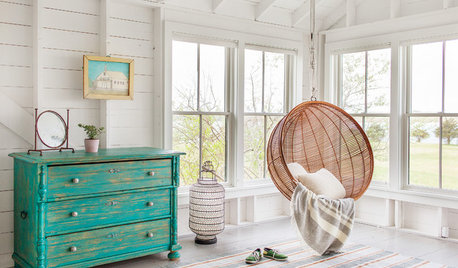
VINTAGE STYLEFlea Market Find: Vintage Dressers
Think beyond the bedroom when searching for your next dresser
Full Story
FEEL-GOOD HOMEInherited Pieces: Embrace the Approach That Works for You
How you remember and honor loved ones through heirlooms is your decision alone
Full StoryMore Discussions









larke
Billl
Related Professionals
Anchorage Architects & Building Designers · Alhambra General Contractors · Delhi General Contractors · Everett General Contractors · Franklin General Contractors · Greenville General Contractors · Leon Valley General Contractors · Midlothian General Contractors · Montclair General Contractors · North Lauderdale General Contractors · Summit General Contractors · Torrington General Contractors · Wheeling General Contractors · The Hammocks Home Stagers · Charleston Interior Designers & Decoratorsdave_donhoff
redcurlsOriginal Author
western_pa_luann
terezosa / terriks
dave_donhoff
larke
mostone
redcurlsOriginal Author
pamghatten
sunnyflies
OttawaGardener
dave_donhoff
terezosa / terriks
pamghatten